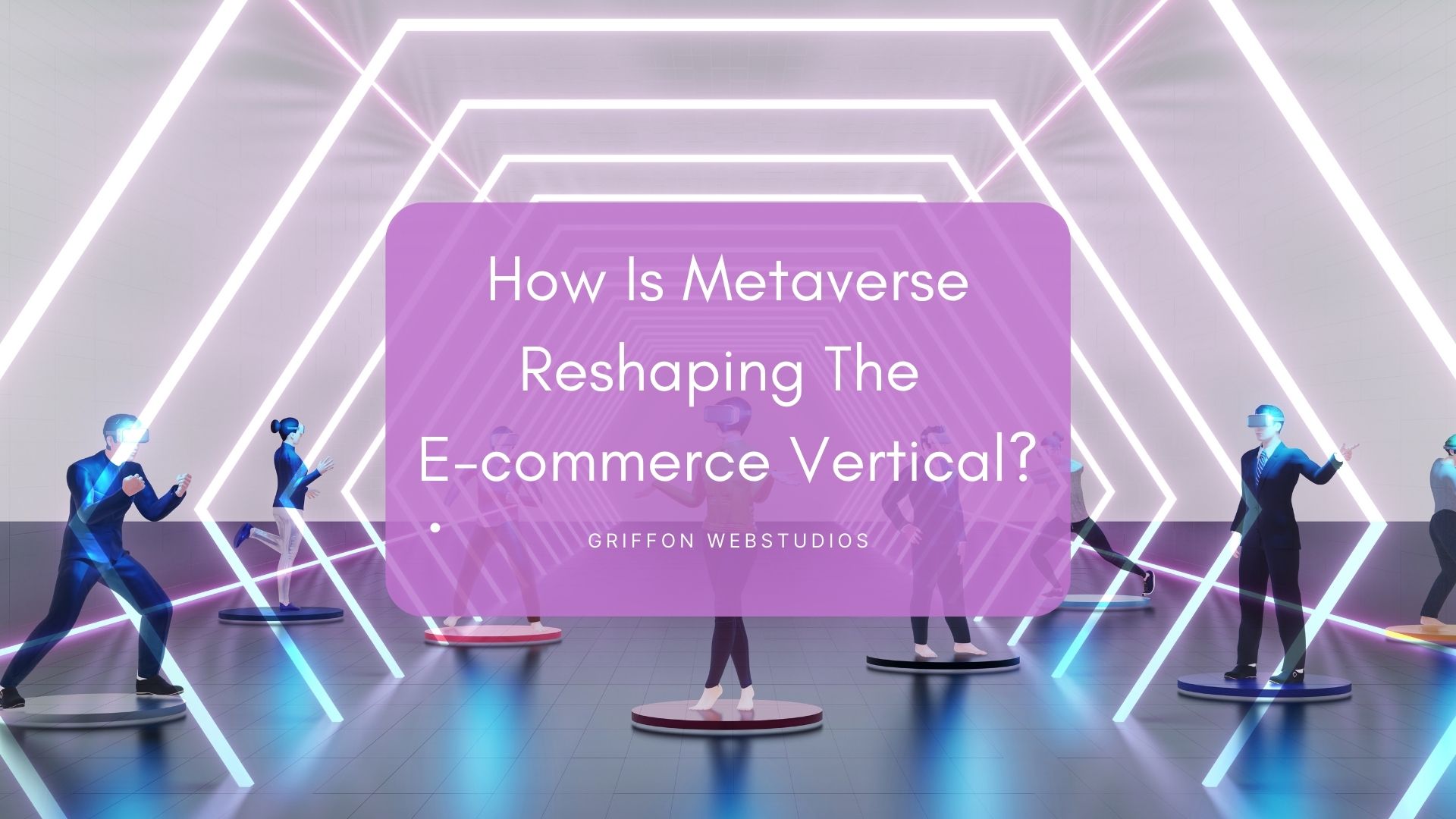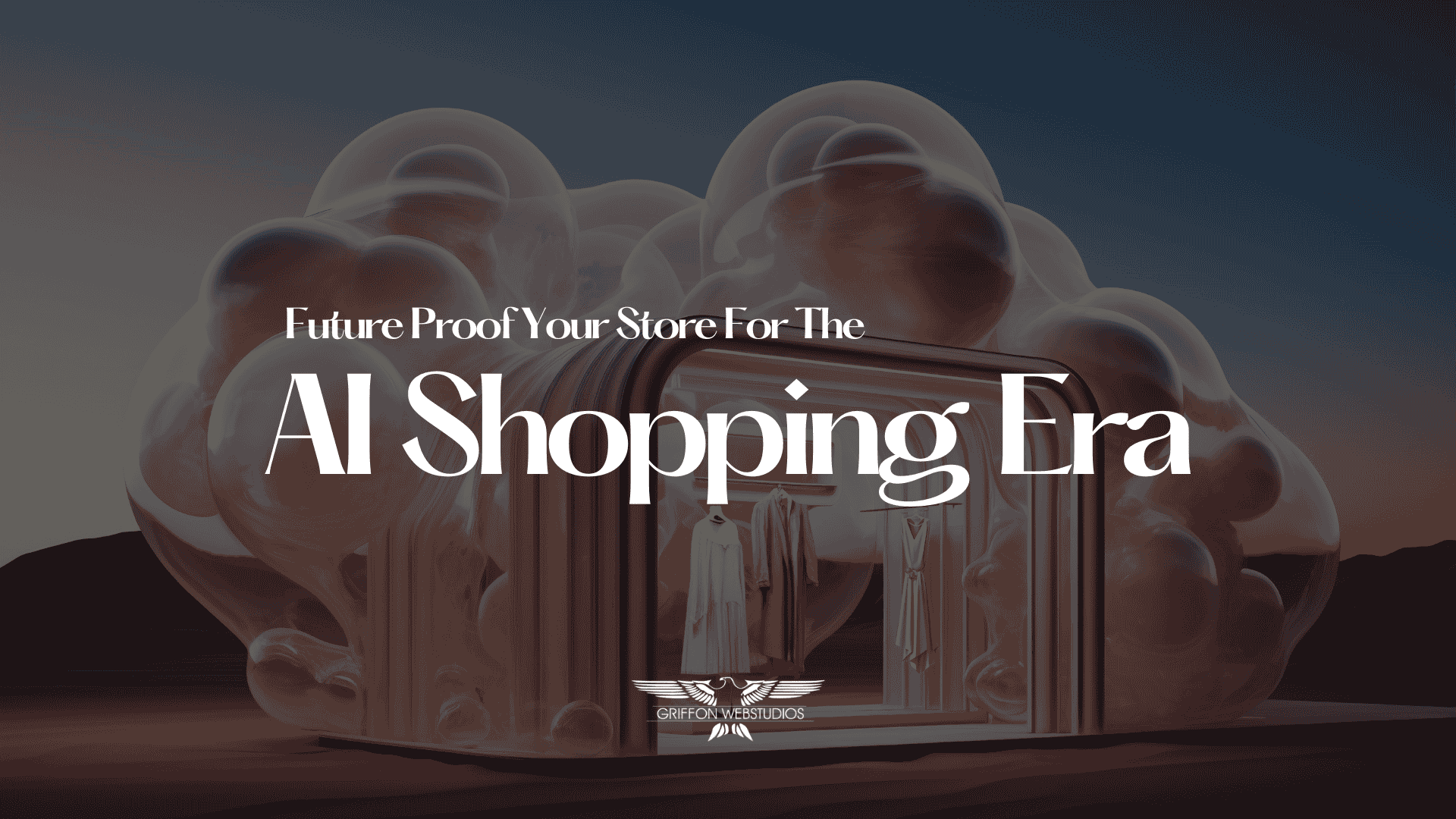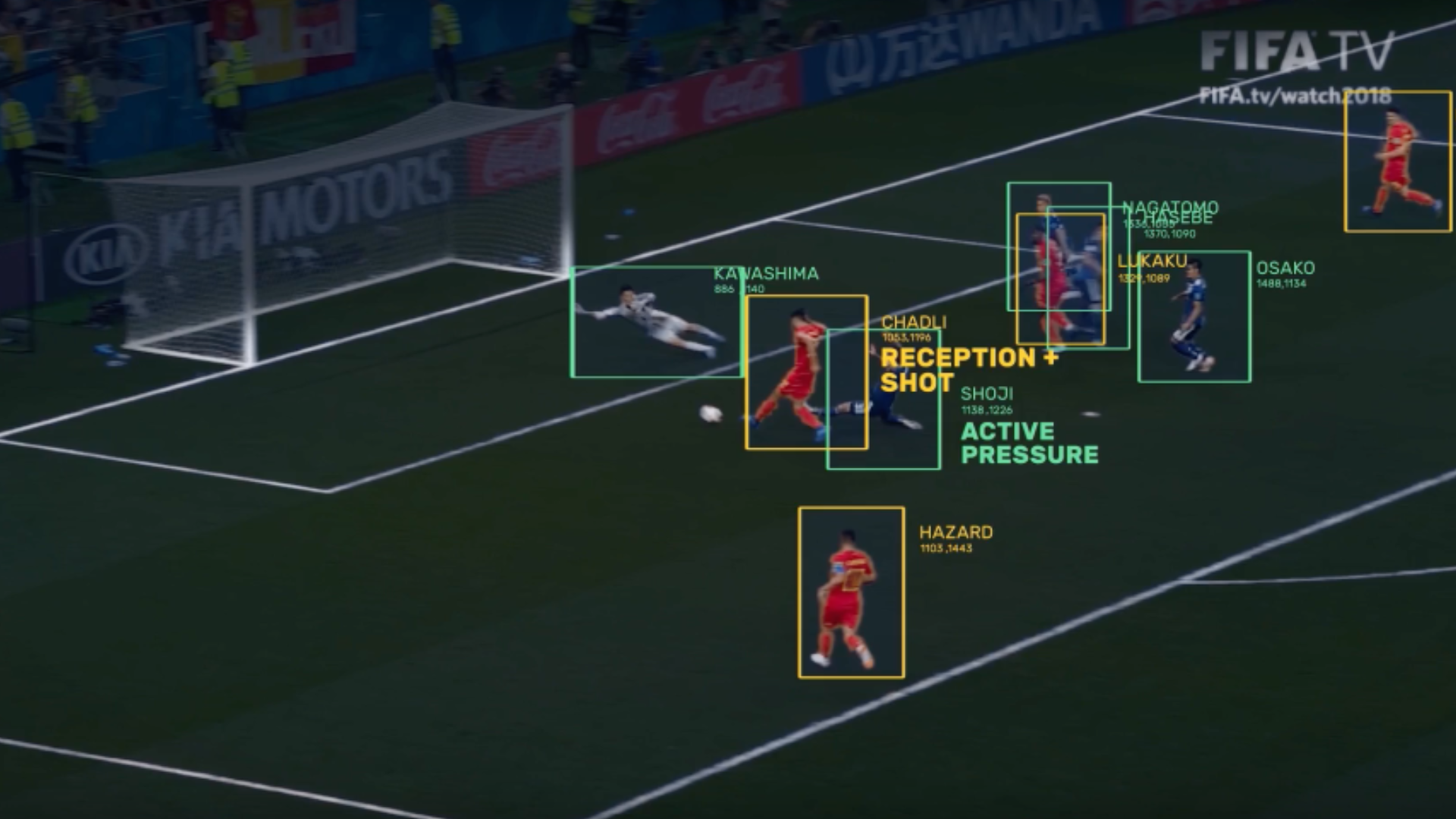It’s the 21st Century and technology is changing by leaps and bounds every day. It’s no surprise that it has revolutionized how consumers shop – with over 4 billion people using the internet to make their purchases, e-commerce is becoming increasingly popular worldwide. But now, The virtual realm of the metaverse is upon us. As exciting as this may sound at first glance, it begs the question—how exactly are these technologies reshaping e-commerce?
In this blog post, you’ll get an up close and personal look at how metaverse (and VR) has ushered in a whole new era of shopping for online retailers – one that will take your business to heights you haven’t imagined!
What Is The Metaverse And Why It Is Important For E-commerce Marketing?
The metaverse is an expansive digital universe, usually accessed through a virtual reality headset or other devices, where users can create and inhabit avatars in alternate digital worlds. For e-commerce marketers, the metaverse presents a significant opportunity to engage and interact with customers beyond what’s possible in the traditional marketplace.
By offering immersive shopping experiences that break down physical boundaries while also allowing e-commerce providers to design interactive digital environments tailored specifically to their goods and services, the metaverse has opened up countless new opportunities for e-commerce marketing. The potential of e-commerce marketing using the metaverse is largely untapped at present, but as more worlds become available within it, there’s no telling what opportunities e-commerce marketers will be able to leverage in order to engage shoppers in new and exciting ways.
How Is The Metaverse Changing The Way People Interact With Brands Online?
The metaverse is revolutionizing user engagement with brands in the digital world – an entirely new dimension of interaction. One second you could be watching a virtual fashion show of your favorite designer, complete with runway models and realistic graphics, and the next, you could be entered into a user loyalty program to earn rewards from doing brand-related activities.
Nike’s recent launch of Nikeland on Roblox is an excellent illustration of how marketers can leverage the metaverse to create individualized experiences. The sportswear business gave its clients a new, immersive experience by providing an interactive arena where they could engage in games and develop their own using the offered toolbox.
Gamers were also allowed to dress their avatars with unique Nike items, demonstrating that businesses can market their products in various ways in the metaverse. This is one strategy that marketing professionals can use to boost brand stickiness.
This kind of gamification and experiential marketing was simply not possible before this technology emerged, but now user engagement with brands has changed drastically due to the introduction of the metaverse. It’s no wonder so many popular companies are turning to online platforms that incorporate this stunning technology!
Creative Ways To Use The Metaverse To Increase Online Sales
With the growing prevalence of virtual and augmented reality, businesses are looking to the metaverse as a new platform to increase online sales. To boost revenue and attract more customers, companies are beginning to incorporate creative ways such as 3D product testing, virtual showrooms and interactive shopping experiences into the metaverse.
A digitized copy of the Gucci purse cost more than $4,100. This is more expensive than the bag’s real retail price.
Research conducted by market experts reveals that incorporating these features can increase user engagement by up to 60%, resulting in higher conversion rates and ultimately leading to an increase in sales. Businesses should strive to explore innovative ideas on how they can best use the technologically-advanced metaverse as a tool for boosting their sales.
Strategies For Using Virtual Reality (VR) And Augmented Reality (AR) In E-commerce Marketing
E-commerce businesses have an exciting new opportunity to reach their target customers with the help of virtual reality (VR) and augmented reality (AR). By integrating these innovative technologies, e-commerce marketers can create immersive experiences that connect shoppers to their products in a personal, exciting way.
VR and AR can be implemented in e-commerce marketing strategies in several ways, such as providing detailed product demonstrations, creating virtual showrooms, or delivering interactive product tutorials. The possibilities are almost limitless when it comes to VR and AR technology, opening up the creative potential for e-commerce businesses to explore unique campaigns that truly engage their customers.
Examples Of Successful E-commerce Campaigns That Used The Metaverse
Many companies have seen great success with e-commerce campaigns utilizing the metaverse. Companies such as BMW, Ralph Lauren, and Forever21 have used metaverse simulations to build awareness of new products and services. By providing interactive scenarios, often engaging with games and puzzles, customers were given opportunities to engage with their favorite brands in fun ways while still making purchases.
BMW Group- In December 2022, the company became one of the first automotive manufacturers to join the Metaverse Standards Forum.
All About the Metaverse: BMW Group Supplierthon
Ralph Lauren x ZEPETO digital fashion collection- For the first time, Ralph Lauren digital apparel will be available for purchase, the Company’s first entrance into virtual economies.
Ralph Lauren digital fashion collection and virtual worlds with 3D avatar simulation
Forever 21 launched a virtual store for players to build and customize to become the “top shop”. Build your custom store, discover exclusive MetaMerch & play with friends.
Forever 21 provides visitors with a digital store.
This resulted in significant boosts in customer acquisition along with increased brand loyalty. Additionally, companies using the metaverse for product launches gained a leg up on competitors by having early access to the latest innovations in virtual marketing techniques. Overall, the success of e-commerce campaigns leveraging the metaverse demonstrates how successful companies can gain an edge over competitors through the creative use of virtual media.
Best Practices For Using The Metaverse In E-commerce Marketing
As businesses increasingly turn to the metaverse to drive their e-commerce marketing campaigns, understanding and adhering to the best practices is key. Designing immersive experiences that capture shoppers’ attention and encourage them to linger is essential — after all, it’s much easier to influence a shopper who has already invested valuable time into exploring your virtual store than someone who simply clicks in and out of your website.
Strategic placement of VR objects, tailored messages that integrate into the natural flow of conversation, and engaging content are all must-haves for any successful e-commerce campaign in the metaverse. Additionally, providing clear navigation options will allow shoppers to easily get from point A to point B without becoming lost in this otherworldly universe. If you take these steps for your e-commerce marketing efforts in the metaverse, you’ll be sure to easily navigate this brave new world!
The metaverse is an ever-evolving technology, and it’s up to marketers to keep up with the latest trends and use it in effective ways. However, the rewards of doing so are worth the effort. Companies can use the metaverse to create engaging, innovative experiences for their customers, who in turn will become loyal supporters of their brands that bring in increased sales.
If you’re looking for an edge in your e-commerce marketing strategies, consider incorporating the metaverse into your campaigns. With its variety of user-friendly applications, you can take advantage of both virtual reality (VR) and augmented reality (AR) to reach more potential buyers than ever before. Don’t miss out on this opportunity — reach out to e-commerce marketing experts at Griffon Webstudios today and let us help you maximize the impact of your ecommerce marketing endeavors.










